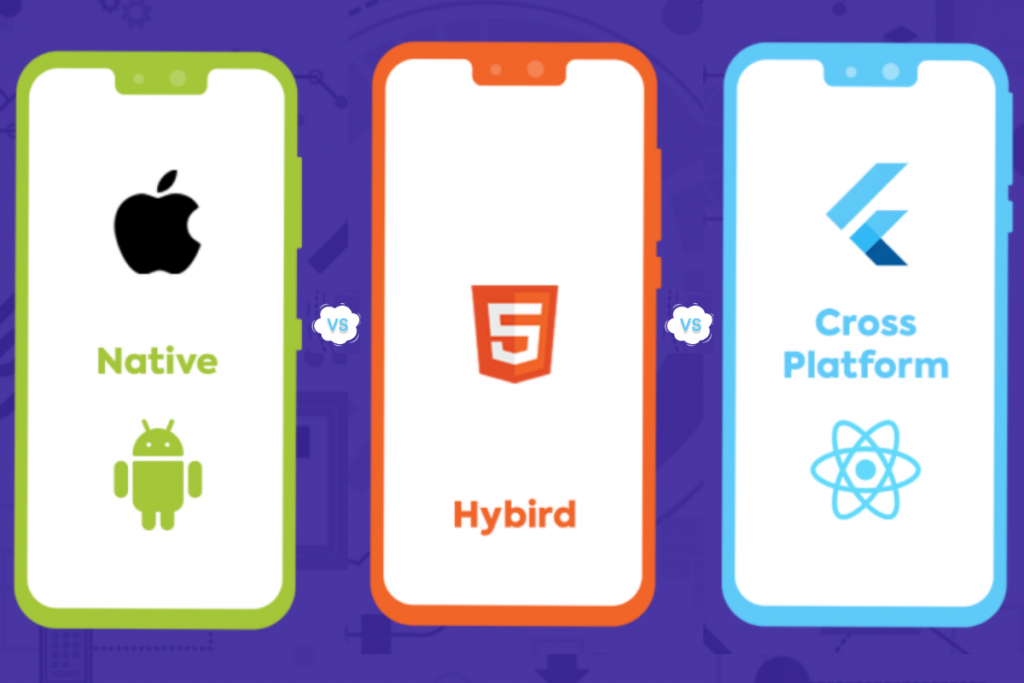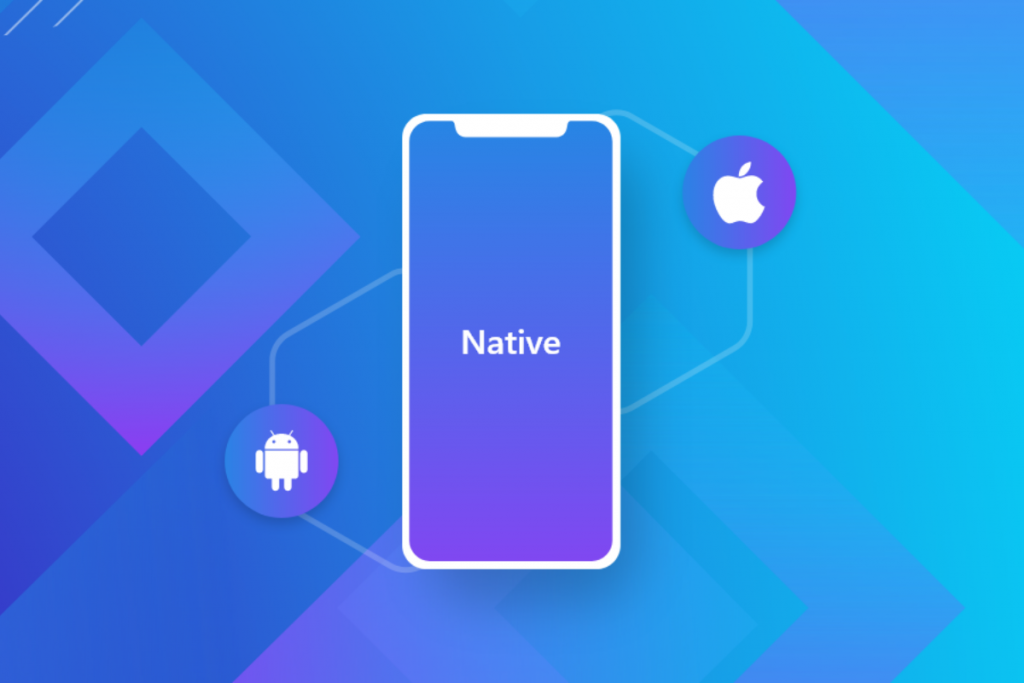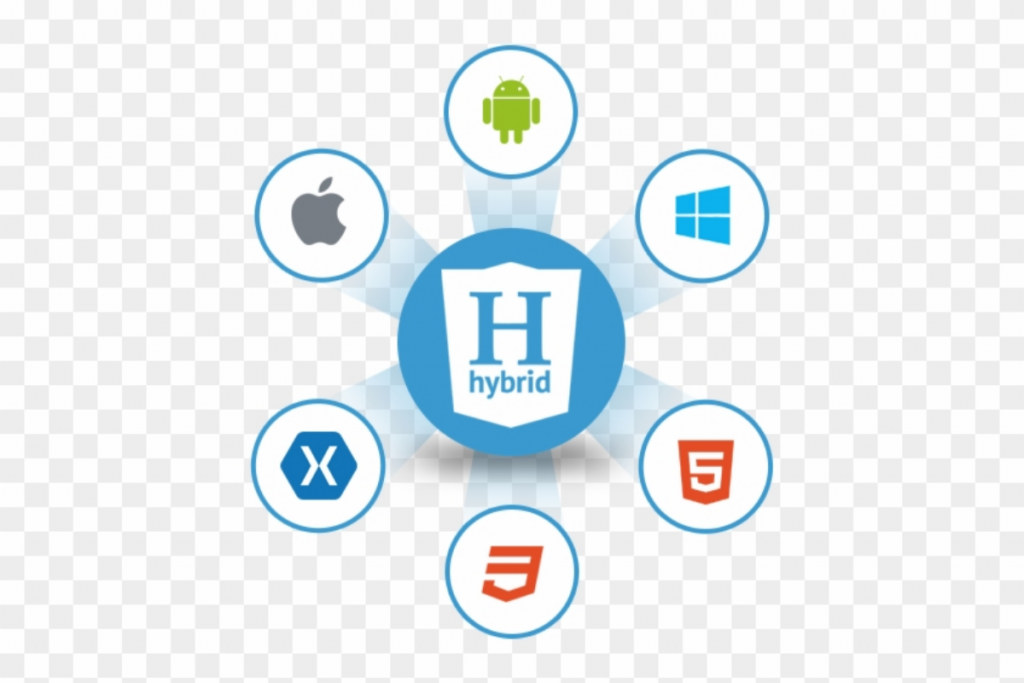
-
Apexlink
Real Estate
-
DLS
General Insurance
-
DMV
Government
-
Entiger
Fintech
-
GIS Mapping
Gas & Petroleum
-
HMS
Employee Benefit
-
HAWA
Government
-
Harley
Community
-
IHG
Hotel & Tourism
-
Sparkseeker
Humane Tech
-
Track Ninja
Sports
-
Response Vision
Disaster Management
- AI/ML Services
- Application Services
- Automation Services
- Cyber Security
- Chatbot Experts
- Data Analysis
- Data Warehouse Services
- Digital Commerce Services
- Digital Transformation
- Infrastructure Service
- Low Code/No Code
- Managed IT Services
- IT Support
- IT Consulting
- IT Outsourcing
- Mobile App Development
- IOS Development
- Android Development
- Cross Platform Development
- Gaming App Development
- Software Development
- System Design & Architecture
- Testing Services
- Web Development
Mobile devices are an integral part of our life. There are numerous things around us, but mobile is something we always keep close to ourselves. If your smartphone is lost, you will be paranoid. In that desperate time, your topmost priority will be to purchase a new mobile phone to get along in life.
Did you get that?
This is the relevance of mobile phones in your life. Mobile is with us every second. As a business owner, it will be one of the most profound assets for reaching your prospects.
Yes, give it a thought, and you will understand what point I am making.
From the business perspective, certain mobile platforms have become imperative. This is the principal reason for a business to develop mobile application. It will bring laurels to your business and act as a quick platform to interact with your user easily and serve them well.
What’s next?
So, you have decided to develop a mobile app for your business. The next thing you will do here is to select a platform where you want to develop the app. Choosing the right reaping ground is paramount. I believe this decision of choosing a platform for mobile app development entirely depends on the nature of your business.
The Secret War of Mobile Platforms
From the dawn of mobile apps, there has been a war between the types of waging approaches. No one can say when it starts and when it is going to end, but it is there, and it is happening. You must have heard about native apps and hybrid apps. Which one will be the salvation for your business and this entirely depend on the nature of your business.
It is the main reason I decided to write a post about it to clear out some conflicting facts about native app development and hybrid app development. In addition to that, I am also adding one more perspective, which is cross-platform app development. With the help of this post, you can easily comprehend which approach is better for your business and which is not.
The app development approaches start with the online business idea and harvest the platforms with which they can build outstanding apps. So, it is a call of the business nature you want to follow either Native, Hybrid or Cross-platform.
When this post will be over, you will thank me.
So, without further ado, let’s get you started.
Native VS Hybrid VS Cross Platform
As I mentioned above, the secret war between the different mobile apps is waging, and you need to get it right if you want to leverage the complete benefit of the mobile application.

In this section of the post, I have distributed points regarding the different mobile app development approaches covering all their advantages and disadvantages.
What is a Native Mobile App?
Let’s first understand what a native mobile app is. Native mobile apps are the most common type of apps. In layman’s language, these apps are designed for a specific platform and developed in the languages accepted by these platforms. For instance, if you are designing a mobile app for the iOS platform, then you will use Objective-C and Swift. On the other hand, if it is the Android app development, then the accepted language will be Java.

Just to make things clear, the two big conglomerates Apple and Google, made their stance quite clear in this. Google preferred Android while Apple adhered to its iOS app development. With that, they launched their own interface elements and development tools.
An ample number of companies invest in native mobile apps today. Why? Have a look at the benefits given below, and you will understand why native applications are preferred.
The Benefits of Native Apps You Must Know
- Since native app development is for the specific platform, they are deemed to be responsive and lightning fast.
- They are meant to operate at a higher performance rate.
- When we talk about user inputs and outputs, native apps are the best. They are interactive, smoother, and intuitive.
- As a native application is a design with respect to a particular platform, the developer has the full liberty to optimize the app as per the native platform by any means available.
- You can also add an offline feature that you cannot find in a hybrid application.
- The native SDKs allow you to access the device’s native features, such as GPS. They are not dependent on open-source libraries such as Ionic and Cordova.
- A native UI allows the users to learn the app efficiently and quickly. In addition to that, the user experience is better and engaging.
- The security of the native app is also very robust.
These points really make it easy to choose native applications over hybrid. However, I reckon you to wait until the end.
Drawbacks of Native Apps
In this section, I want you to understand certain disadvantages of native apps. For a business, it is imperative to identify the disadvantages of native apps. There are possibilities that these disadvantages may or may not affect your business. But knowing them will certainly help you in the greater cause.
- Developing a native mobile application is a tedious task. It requires separate development processes for every platform. A separate development process increases the development time significantly.
- As the above point states, separate development processes require separate updates as well. It will increase the development time and cost significantly.
- With different code bases, it is always difficult to release the same features on all platforms at the same time.
- With variant platforms, the cost of mobile app development and maintenance of the mobile application is expensive. Imagine how the mobile app development goes!
Final Verdict on Native Mobile Application
If you are a business with limited budget, you might want to go for an alternative to native apps as it is expensive, and the maintenance cost is also very high. If you are a business that must serve its audience well, then you should look at the cost and go for it. Native apps are user-friendly and lightfast, which ensures better and quality customer engagement.
What is a Hybrid Mobile App?
A hybrid mobile app is like a native mobile app that a user can download from the platform's app store. The real difference lies in the development process, which is why it becomes crucial to understand the basic difference between a native and hybrid mobile app.

Let’s have a look at the benefits of a hybrid mobile app to get a comprehensive understanding to utilize them in business.
The Benefits of a Hybrid Mobile App
The hybrid mobile apps are built with the help of technologies such as HTML5, CSS, and JavaScript. This makes them functional through all the mobile platforms.
- Writing single code for a mobile app means that you only need to write the code once. It will save a lot of development time and money.
- You can run a hybrid mobile app as a progressive web app. This provides user easiness.
- Hardware-based performance acceleration in hybrid app development is the same as of native app development.
- Hybrid apps also have a good user experience and performance across platforms.
Isn’t Sweet?
But wait, before you make your final decision, you might want to have a look at some of the disadvantages of the hybrid mobile app.
Drawbacks of Hybrid Apps
- Hybrid apps perform similarly for most of the apps except for some applications such as 3D, HD games, and other high-graphics-oriented apps.
- A hybrid app must have a native plugin to access the basic platform functions such as the touch ID and camera. If there is no native plugin for that, then it is a tedious task to develop for a mobile developer.
- All the hybrid mobile apps are dependent on open-source frameworks and libraries such as Ionic and Cordova.
So, what do you understand from this differentiation?
Final Verdict on Hybrid Mobile Application
If your business has a low budget, you can leverage hybrid app development, which will render cost saving benefits. In case of higher budget plans, the businesses can still opt for it, and for functions like touch ID and others, you can develop codes to enable it in the mobile app.
| App Type | Native | Hybrid | Cross-Platform |
| Codebase | It has different codebases- i.e., one per platform. | It consists of a Single codebase with a potential platform depending on the specific capabilities. | It, too, has a single codebase, carrying a potential platform with major capabilities. |
| Libraries | It doesn’t have any dependency on open-source libraries and platforms. | It is highly dependent on certain libraries and frameworks. | It, too, has a high dependency on the different libraries and frameworks. |
| Debugging | Developers can use the native debugging tools. | Developers can use native ones along with the web development debugging tools. | It entirely depends on the framework. |
| Tools | The tools to be used here are: 1. XCode 2. AppCode 3. Android 4. Studio |
The tools to be used here are: 1. Ionic 2. Apache 3. Cordova 4. Visual Studio |
The tools to be used here are: 1. React Native 2. Xamarin 3. Flutter |
| Pros | 1. It provides full accessibility to the OS’s features. 2. It bestows powerful performances. 3. Native UI I.e., too updated one. 4. Can give you an efficient application. 5. It gets along high-quality functionality and UX. 6. It gives access to the native APIs and the platform-focused functionality. |
1. It has less development costs 2. It indulges different OS support 3. The code can be easily reused here. 4. It provides the cost-effective development 5. It indulges huge customization capabilities. |
1. You will find different OS support here. 2. The UI would be so quick as that of the native. 3. The code can be reused. 4. One can expect development a lower cost. |
| Cons | 1. There will be no multi-platform support here. 2. If a developer needs OS support, it will cost you high development. 3. There will be no code reuse chance. |
1. It gives you a slow performance. 2. The OS features are restricted here. 3. There will no interaction with different native apps. |
1. It gives you the slow performance. 2. It gives limited access to the OS feature. 3. It gives a little low beam interaction with different native apps. |
A Cross Browser Solution You Might Be Interested In
A cross-browser mobile app is a type of hybrid application that will work in all types of platforms. You might be wondering why it is different from a hybrid mobile app. Well, this approach is deemed to be a developer-friendly approach. The amount of code required for mobile application development in this approach is the key difference. A developer requires a significantly low volume of code to develop a cross-browser mobile app.
Let me just get your queries solved here:
Is cross-platform app development better than native app development?
Majorly, it depends on the type of product you’re building and the keynotes you have about your target audience.
If we understand it through the example, we can analyze it. For instance, when you conduct the market research, you notice that your potent customers have iOS. Will you choose Android at that time? No! I guess. There is certainly a choice of the platform, but it depends on your audience’s taste. Rest, you can decide on the basis of the afore-mentioned pros and cons.
You will find many myths that talk about cross-platform app development, but depicts poor quality. With the passage of time, cross-platform development is no more lagging behind, and you will find many proofs relevant to it.
What is the exact difference between native platform and cross-platform?
You know, native apps are basically developed for a specific platform. These are built up in a language that is compatible with the platform. Let us understand this with an instance if you are an Apple developer, you would prefer Objective C, and if you are a developer at Google, you might favor Java or Android.
Developers have the full potential to use such innovative features at their choice of platform to bring something out of the box. It is also true that the native app developed for Android will not work on iOS and vice-versa. If we talk about the cross-platform app, these are generally compatible with multiple platforms. Most of the cross-platform apps are limited to the two operating systems, I.e., Android and iOS. You’ll find the differences based on the aspects such as multiple platforms deployment costs, development time, app users, design challenges, and programming expertise.
Which is better, hybrid or native app?
Look, if you choose native apps, these are the most reliable and fastest when we talk about the user experience. These are built with the help of the operating system’s SDK, which can interact with certain device features. The disadvantage comes out when the discussion includes development and maintenance costs. Hybrid apps are typically easier and fastest to develop as compared to native apps. They also need less maintenance, and the speed will also be defined in a limited manner. Native application development can bring you exclusive benefits whilst hybrid app development has its own defined sets.
Maybe this can be your way out. Give me your thoughts on this via comment, and I will get back to you as soon as possible. Till then adios and have a good day!







 Blockchain
Blockchain Cloud Computing
Cloud Computing Infrastructure
Services
Infrastructure
Services Metaverse
Metaverse QA
Automation
QA
Automation UI/UX
UI/UX







